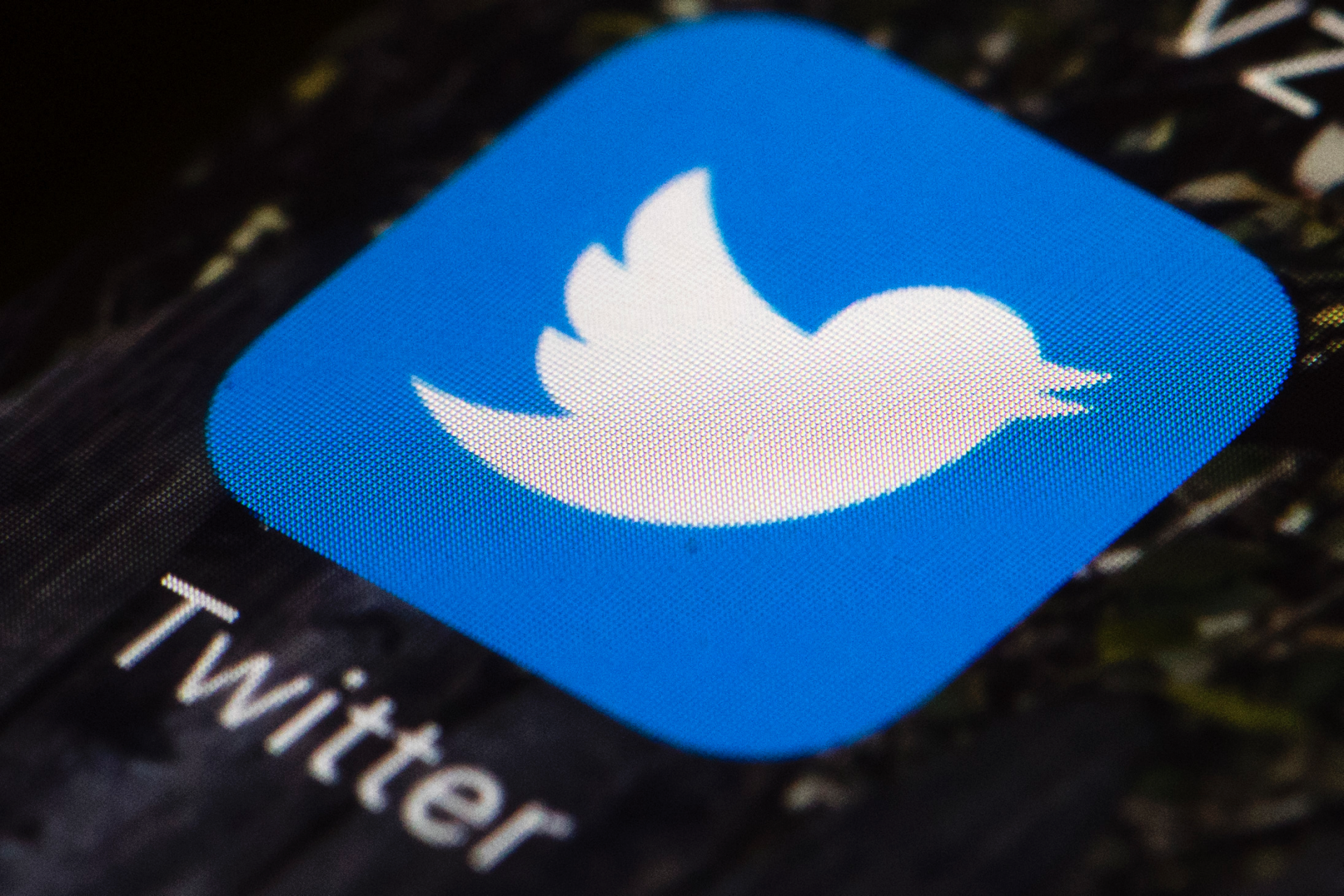Tuberculosis (TB): Background, Pathophysiology, Etiology



The love-hate relationship that journalists have with Twitter is turning mostly to hate, with an ample serving of self-loathing.
Even some of the most prominent posters are now blaming Twitter — or, more precisely, their addiction to the site — for many of the ills that plague the profession.
But there's an interesting twist here that's gotten less attention: Is Twitter corrupting journalism or exposing its utter unfairness?
Try a thought experiment: If every media type in America quit Twitter tomorrow, would journalism be that much better? Or would its deep-seated problems — many of which existed before Jack Dorsey's network started gaining traction in 2008 — continue unabated?
Given Twitter's strengths — as a forum for insta-coverage and debate, self-promotion and link-sharing that opens the national dialogue to many millions — the sudden disdain of its media users is remarkable.
So what's behind these stop-me-before-I-tweet-again cries, fueled most recently by media malfeasance in the case of the Covington Catholic kids?
LAWMAKERS WANT DETAILS FROM TWITTER ON ACCOUNT THAT PROMOTED VIRAL COVINGTON VIDEO, REPORT SAYS
David Von Drehle, a Washington Post columnist and former Time writer, declares that "Twitter is the crystal meth of newsrooms — a drug that insinuates itself into our vulnerabilities only to leave us toothless and disgraced."
Continuing the drug metaphor, Von Drehle says that with journalists under fierce pressure to produce hot takes that drive traffic, "Twitter offers the amphetamine hit that makes such pressure survivable. No reporter can go to the scene of a dozen events per day, observe what happens, interview those affected, sort the meaning from the dross and file a story. But Twitter offers an endless stream of faux events: fleeting sensations, momentary outrages, ersatz insights and provocative distortions."
He says, for instance, that "too many of us covered Twitter's reaction to Trump, instead of covering the ideas and impulses of the voters he was reaching."
Farhad Manjoo, the New York Times tech columnist, who tweeted from his own wedding and kids' births, now decrees that "Twitter is ruining American journalism."
He says Twitter turns journalists, himself included, into "knee-jerk outrage-bots reflexively set off by this or that hash-tagged cause." And, Manjoo writes, it's "skewing our journalism. Everything about Twitter’s interface encourages a mind-set antithetical to journalistic inquiry: It prizes image over substance and cheap dunks over reasoned debate, all the while severely abridging the temporal scope of the press." And media mavens must instantly opine "because by the time more is known, Twitter will already have moved on to something else."
Now that Manjoo has moved to the op-ed page, he feels free to slip in a slam against Trump — "a racist president" — that brings me to my larger point.
TWITTER BRIEFLY SHUTS DOWN BETO O'ROURKE PARODY ACCOUNT
On Sunday’s "Media Buzz," radio host Buck Sexton, a co-host on Hill TV, offered a different view of the social platform:
"Twitter is accidental transparency for journalism."
This is great, he told me, because people who work at the Times, Post, CNN and other outlets "are retweeting and replying to and giving high-fives to left- wing activism. They'll give high-fives to people whose jobs in the media are to tear down the opposition in the media, and then they say, 'but I'm just an objective neutral party here. I just want to bring you the facts.'"
Sexton has a point. In my book "Media Madness," I demonstrated how reporters covering the White House would openly denigrate Trump or his conservative agenda on Twitter, where they thought they were just talking to their buddies.
But some reporters, even at the biggest news outlets, try to be fair. And some conservatives use Twitter, just as some liberals do, for mean-spirited, score-settling, piling-on posts.
CLICK HERE TO GET THE FOX NEWS APP
Dave Von Drehle says that if people in my business just say no, "Twitter will evaporate without journalists to feed it content, without journalists to promote its existence." But something else would just come along to take its place. It's just the latest in a line of culprits that has ranged from blogging to podcasts to reporters going on cable shows.
The Twitter bubble does draw too many of us into its toxic stew. But it also shines an unflattering light on our preexisting conditions: herd mentality, superficiality, uninformed opinion-slinging and not-so-subtle bias.
Comments
Post a Comment